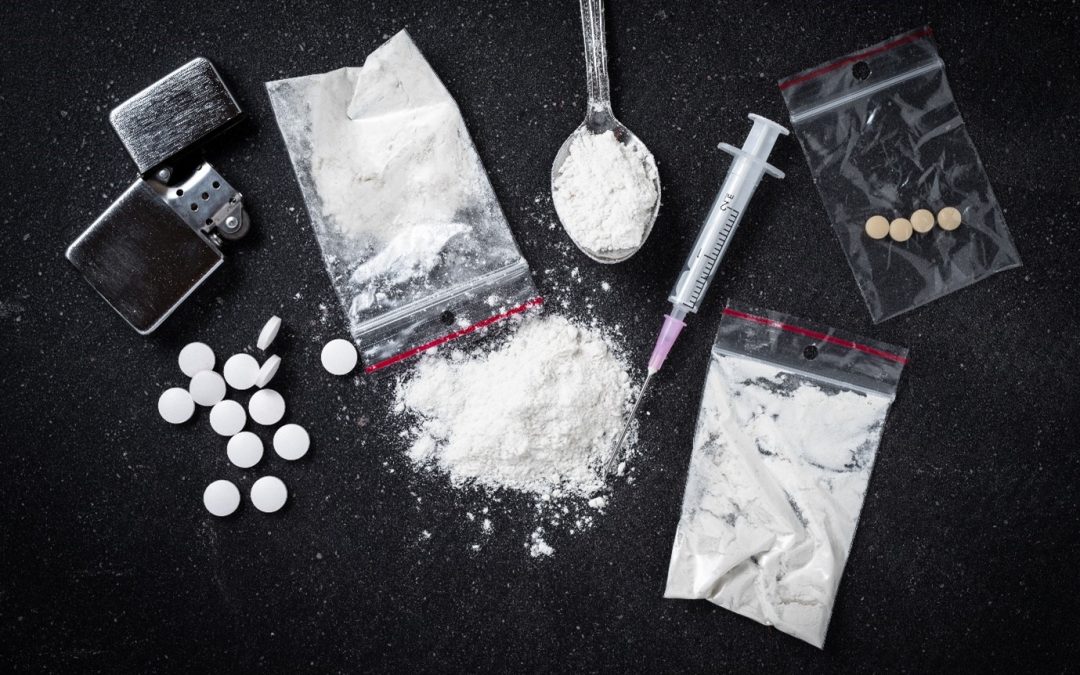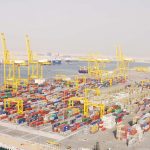Union Home Minister, Amit Shah on Sunday emphasized that Prime Minister, Narendra Modi’s vision for a drug-free India by 2047 is evolving into a shared commitment among all citizens.
Speaking in Raipur, Shah stressed that the illegal narcotics trade poses a significant threat to the nation, as profits from this trade fuel terrorism, Naxalism, and weaken the country’s economy.
Shah urged officials to adopt a zero-tolerance approach, directing them to seize the assets of drug traffickers without delay. “Unless we demolish the entire network or chain, we cannot control the illegal trade of narcotics. It’s an international problem. In India, we need to create more awareness and fight against it. I would say some nations have lost the battle against the illegal trade of narcotics. We need to use scientific methods in the investigation,” Shah stated during the virtual inauguration of the Narcotics Control Bureau’s regional office in Raipur.
He also highlighted emerging trends, noting that e-commerce platforms and drones are increasingly being used for drug trafficking. States like West Bengal, Odisha, and Andhra Pradesh are now key transit points for ganja smuggling, he pointed out. Shah added that while drug users are victims of the system, traffickers are criminals whose actions not only destroy lives but also threaten national security.
Referencing Modi’s goal of a drug-free India by 2047—coinciding with the centenary of India’s independence—Shah called for a collective effort to make this vision a reality. He noted that the shift from natural to synthetic drugs is alarming, as these substances are not only more expensive but also more harmful.
Shah also raised concerns specific to Chhattisgarh, where the use of sedatives is reported at 1.45%, higher than the national average. With Chhattisgarh sharing borders with seven states, the region faces heightened challenges in controlling drug trafficking. The state’s ganja consumption rate of 4.9%—well above the national average of 2.8%—is particularly worrying, he added, urging local authorities to intensify their efforts.






